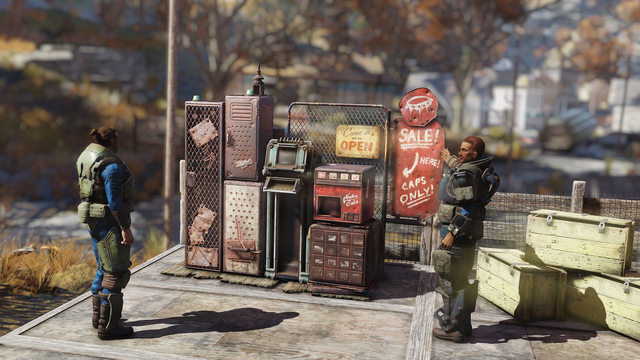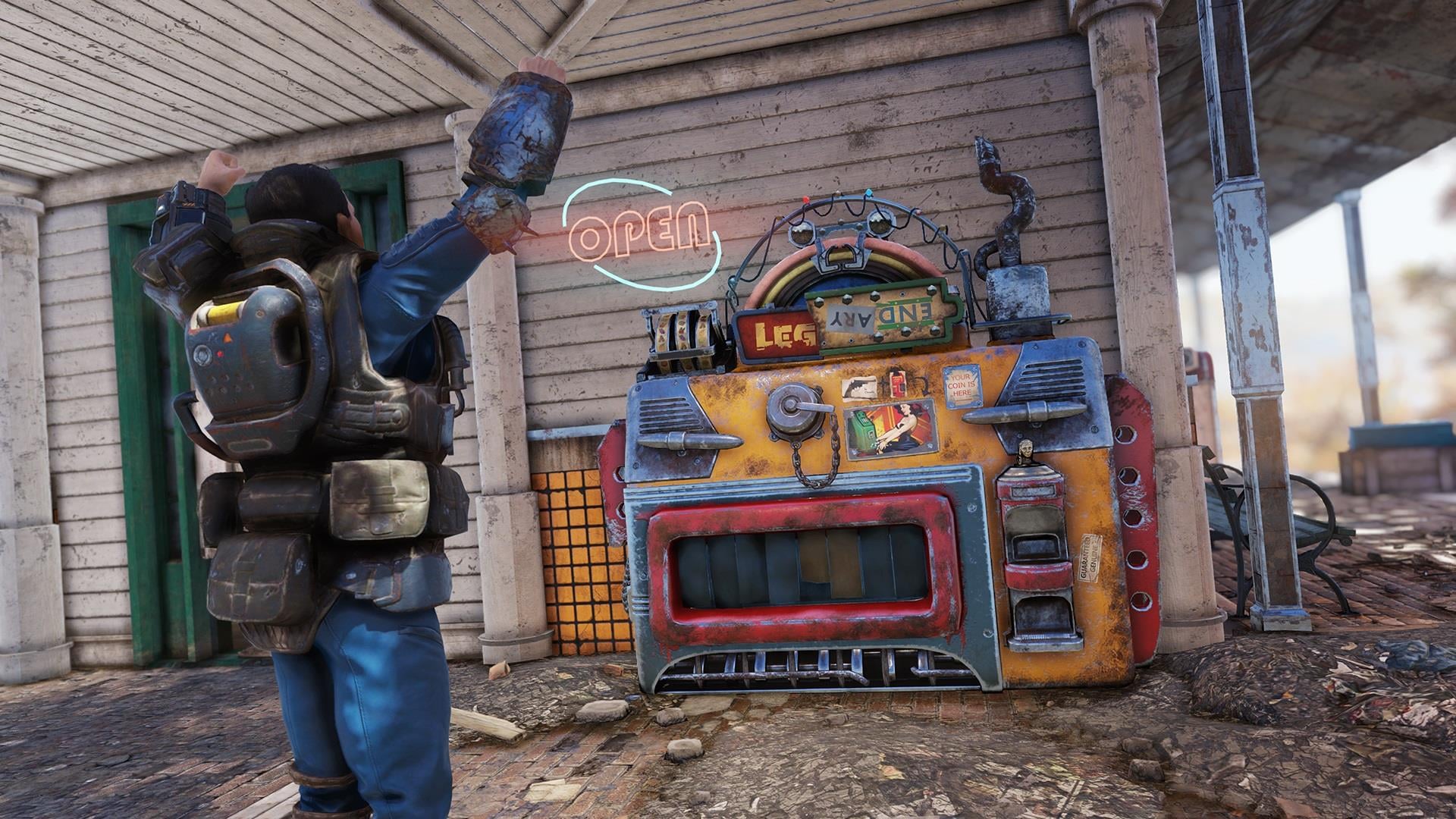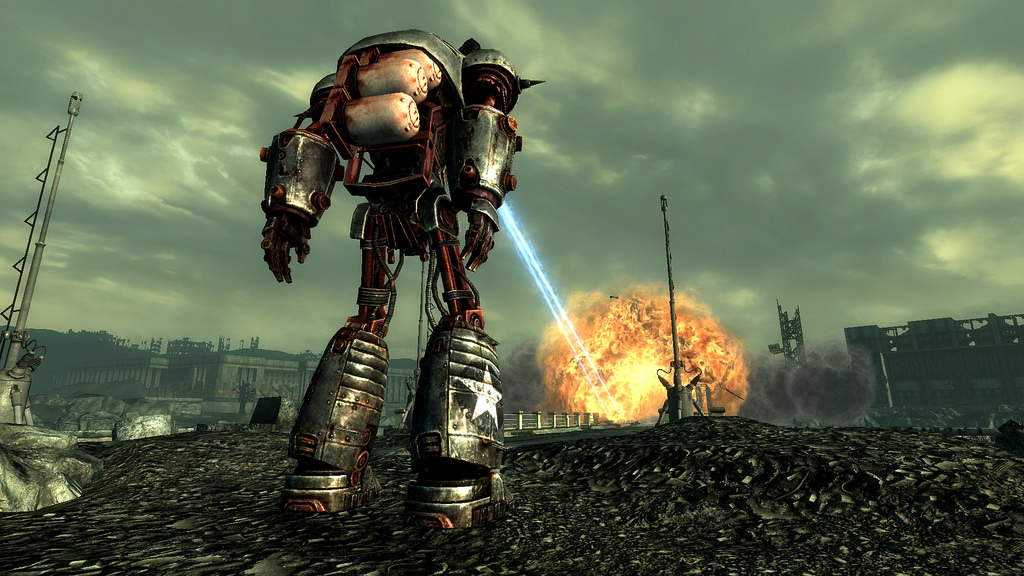The only sure things in real life are death and taxes, but as it turns out, those are pretty sure concepts in the post-apocalyptic wasteland of Fallout 76 as well.
That’s right — even though the world is plagued by raiders, and it lacks any sort of institutional government after being annihilated by nuclear fire, the tax man is still going to take some of your hard earned caps.
The Wild Appalachia Patch 9 that just arrived introduced personal vending machines, allowing players to sell items to fellow dwellers in the wasteland.

Sounds great, right? Unfortunately, there are two nagging little items in the patch notes that players aren’t particularly stoked about:
-
You will receive a notification whenever a player buys one of your items. 90% of the sale price will be added to your Cap balance. This 10% fee has been designed to help maintain the health of the game’s economy and mitigate inflation.
-
Items can still be sold after you’ve reached the current maximum Cap balance of 25,000, but you will not receive any Caps beyond that limit.
Players get to set whatever price they want at other players’ vending machines. This creates a market where players determine an item’s value. However, 10% of that price will mysteriously disappear into the digital ether.
Did we ever expect a phrase like “maintain the health of the game’s economy and mitigate inflation” to show up in a Fallout title?
Whether that works as intended remains to be seen, but comments across social media seem to indicate Fallout 76 players will just bump up the price of products an extra 10% or more to offset the cost.
Others have taken a more tongue-in-cheek approach to the tax, requesting that Bethesda put the 10% tax toward building a wandering Liberty Prime!
Other real-world financial considerations are increasingly encroaching onto the video game industry, with legislation recently proposed by a Republican senator in the U.S. to ban loot boxes and micro-transactions from games primarily played by minors.
If passed and eventually signed into law, the “Protecting Children from Abusive Games Act” could have major impacts on games such as Fortnite that are marketed toward both kids and adults.








Published: May 9, 2019 12:14 pm